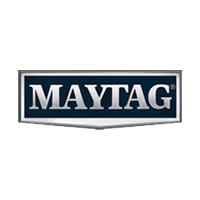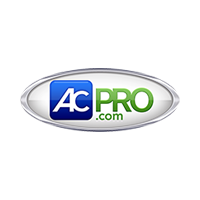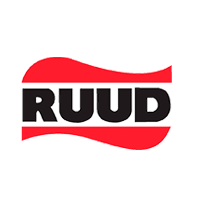OUR SAFETY MEASURES
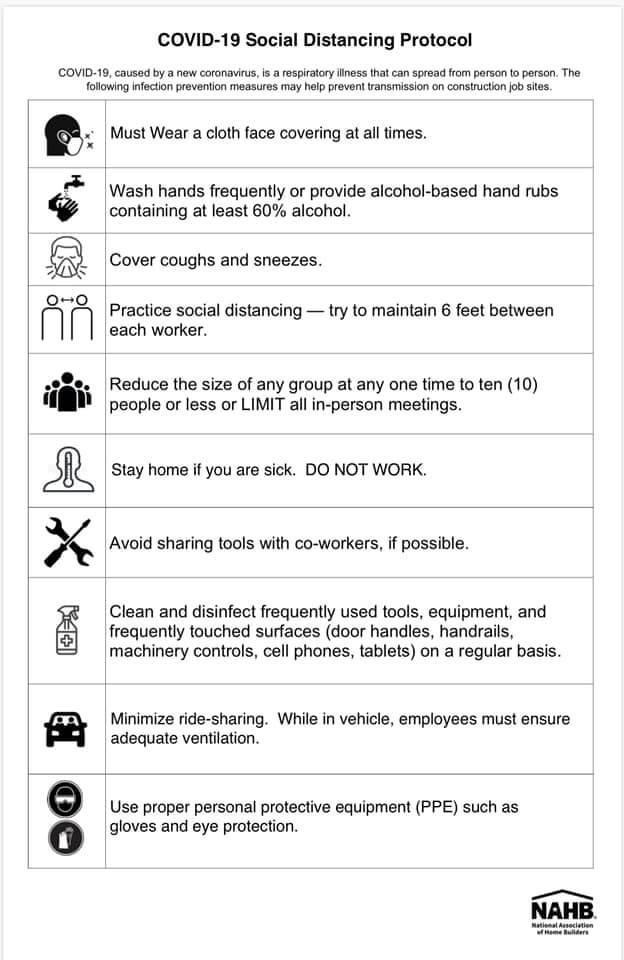
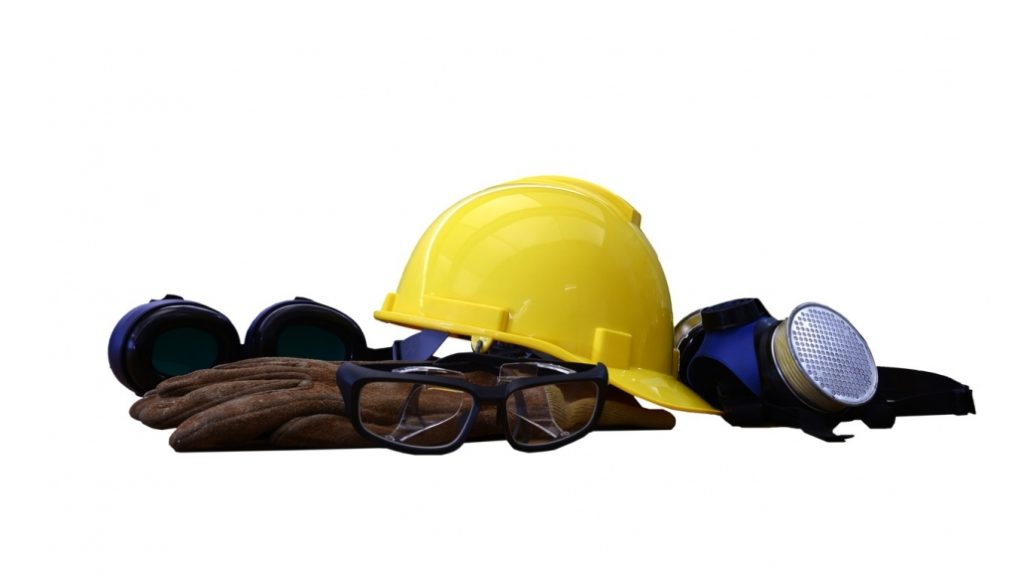
OUR PRIMARY SAFETY CONCERNS INCLUDE:
All electrical components and connections and moving parts. Lock out tags, safety glasses, thermal gloves, Volt meter, refrigerant gauges and several hand tools needed to complete these jobs.
We require the following of our Team Members to help them avoid injury:
- Wear the right clothing for the job. Winter cold and summer heat can present problems on the job.
- Wear appropriate safety shoes for the job.
- Use the right personal protective gear, including safety glasses, hard hats (when necessary), and safety gloves.
- Be aware that open flames or sparks can ignite combustible materials. Portable heating and welding equipment, pose the greatest dangers.
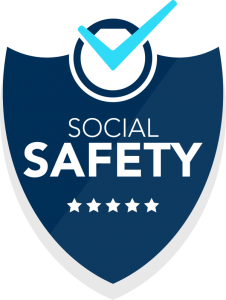
HERE ARE THE MAIN THINGS YOU SHOULD KNOW ABOUT HVAC SAFETY:
- Clean your air filter – Clogged air filters in your furnace could result in carbon monoxide fumes leaking into your home. Check filters frequently, cleaning or replacing them at least every three months.
- Install and maintain carbon monoxide and smoke detectors– Colorless, odorless carbon monoxide gas is potentially fatal when inhaled, and electrical fires can result from any home appliance including heating and air systems. Install carbon monoxide and smoke detectors throughout your home. Be certain to check batteries monthly, change them at least once a year, and test new batteries for performance.
- Designate family friendly areas – Block children and pets from accessing rooms that contain furnaces and boilers to prevent potentially dangerous burns from pilot lights and pressure release valves.
- Schedule annual professional maintenance – Having your heating and cooling system professionally maintained is important in preventing safety issues. Our professional technicians can check your system for safety issues that could result from a faulty system and ensure your heating or air will be there for you when you need it most.
COMMON RISKS ASSOCIATED WITH HEATING AND COOLING SYSTEMS THAT YOU SHOULD KNOW:
- Loose connections from the expansion and contraction of heat pump units that could potentially lead to electrical fires
- Faulty pilot lights and heat exchanger leaks on your furnace, resulting in carbon monoxide poisoning
- Blocked, poorly located, or faulty boiler pressure release valves
STAYING SAFE IN SEVERE WEATHER
- Prepare – Power failures, storms, and other disasters could occur at any time, so take precautions to familiarize yourself with the way components in your home, such as your heating and air system, function to increase your safety and comfort.
- Practice electrical safety – Educate yourself and older family members on how to operate circuit breaker controls for your heating and air conditioning equipment and other appliances in your home. Turn off circuit breakers to your heating and air during a power outage to prevent harmful spikes in electricity that could occur when power comes back on.
- Install surge protectors– Installing a surge protector on your heating and air conditioning system protects expensive heating and air equipment when you are away. A surge protector will automatically shut down power to your system if an electrical spike occurs.
- Have your system professionally inspected following a major disaster – Floods, Santa Ana Winds, Thunder Storms, Earthquakes and more can affect your heating and cooling system, resulting in unsafe operation. Following the event of a natural disaster, we can have your system professionally inspected before turning the power back on.
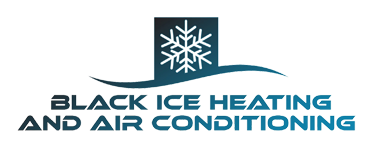
Opinions of
satisfied clients
0
+
Love to serve
Kalonji is one of the most genuine and funny people you will ever meet. He is a dedicated family man with a hard work ethic. A roll up your sleeves, get the job done attitude. His experience in the HVAC industry is extensive both in college courses and out in the field. He has more than 12 years experience doing service and installs on all residential types, light commercial, and custom designed homes.
KALONJI LAW



